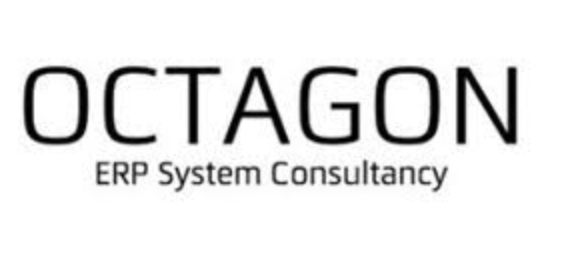The Benefits of ERP Implementation to a Company
Digitalization has become increasingly important for businesses in recent years, as it can bring many benefits such as increased efficiency and enhanced data analytics.

ERP (Enterprise Resource Planning) implementation refers to the process of installing and customizing an ERP system for an organization. This process typically involves:
- Planning: Determining the organization's specific needs and requirements for the ERP system.
- Preparation: Gathering resources, defining roles and responsibilities, and setting up a project plan.
- Configuration: Customizing the ERP system to meet the specific needs of the organization.
- Data Migration: Transferring data from legacy systems to the new ERP system.
- Testing: Verifying that the ERP system functions as expected and meets the organization's requirements.
- Deployment: Implementing the ERP system in a production environment.
- Training: Ensuring that employees are trained to use the new ERP system effectively.
The success of an ERP implementation project depends on careful planning, preparation, and execution. It is a complex and time-consuming process, but it can significantly improve the efficiency and effectiveness of an organization's operations. A successful implementation can bring numerous benefits to organizations, including:
- Improved Efficiency: By integrating various business processes into a single system, ERP systems can streamline operations and increase efficiency.
- Better Data Visibility: ERP systems provide real-time access to data, enabling organizations to make informed decisions based on accurate and up-to-date information.
- Enhanced Collaboration: ERP systems facilitate collaboration between different departments and teams, improving communication and reducing errors.
- Increased Agility: ERP systems can be easily customized and adapted to changing business needs, enabling organizations to respond quickly to new opportunities or challenges.
- Improved Compliance: ERP systems can help organizations stay compliant with industry regulations and standards.
- Reduced Costs: By automating manual processes and reducing errors, ERP systems can reduce operational costs and improve cost control.
- Improved Customer Service: With access to real-time information, organizations can provide better customer service and support.
ERP systems can bring a wide range of benefits to organizations of all sizes and industries, but it is important to carefully evaluate and choose an ERP system that is a good fit for a specific organization's needs and requirements. It is important to take your time in choosing an ERP system, as it is a significant investment that can have a major impact on your business operations. Work with a consultant or vendor that has experience in ERP implementations to ensure a smooth and successful project.

No comments yet. Start a new discussion.